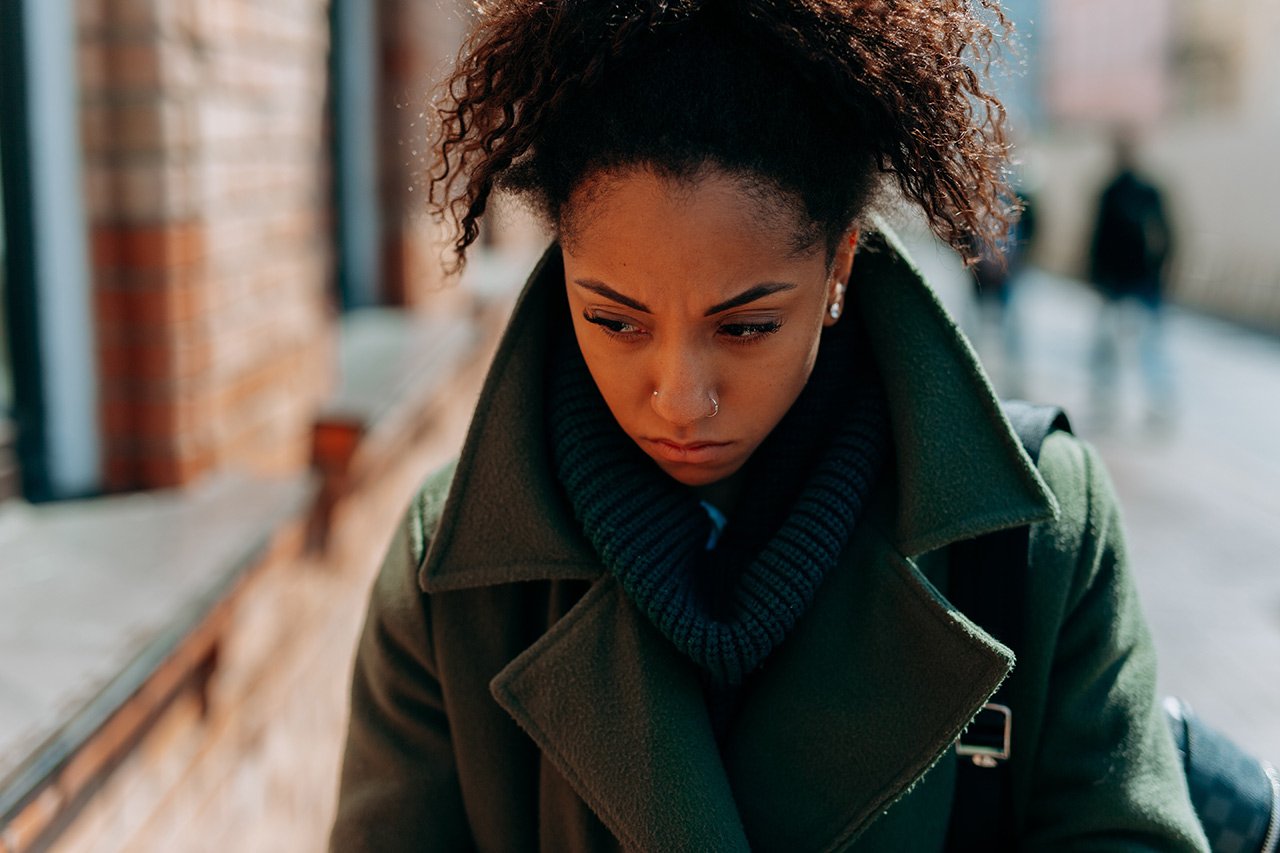
Discrimination is a pervasive problem in the United States. It is the underlying cause of many of today’s most significant social issues, such as economic inequality, a lack of representation, and mistreatment of groups of people. More and more, mental health experts are unpacking the psychological implications of discrimination and prejudice. Unfortunately, historical trends have repeated themselves for so long that we now have decades of research showing how ongoing mistreatment is linked to low-esteem, stress, anxiety, and depression. Unfair or poor treatment based on a person’s race, social background, gender, sexual orientation, or ethnicity forms a nasty pattern that plays out in small interactions and systemic injustices.
Racism and discrimination can feel deeply personal for a child. A child’s experience of racism might come in the form of bullying, slurs, adults treating them unfairly, stereotypes, or a lack of inclusion among other children. They might witness their parents being treated disrespectfully. Children tend to internalize these harmful interactions and stereotypes. On a physical level, children who grow up in underserved neighborhoods face health hazards such as low air quality, limited access to healthy food, and barriers to proper healthcare. For these reasons, asthma, obesity, diabetes, and heart disease are more common among young people of color.
Children’s mental health risks become more severe by being predisposed to physical hazards. Systemic inequality plays out in both a child’s physical environment and the factors that inform their sense of value, self-assurance, and purpose. Studies show that children who are targeted by racism experience higher instances of depression, stress, anxiety, and behavioral issues. Feeling disconnected or less worthy than other children, those who suffer from discrimination are less likely to participate in the classroom and have a more challenging time retaining what they learn in school. These feelings of powerlessness or frustration inhibit children of color from achieving their full potential and can leave them deflated or lacking in aspiration. What’s more, the mental health of one individual tends to have an extended social effect among others in their community. Psychiatric distress is damaging to more than just one individual – it has a cascading impact on parents and peers.
Psychologists are actively observing the connection between interpersonal discrimination and mental health and have found that mistreatment can impede a person’s ability to function cognitively. In other words, when a person is repeatedly discriminated against, their brain becomes less capable of making decisions, processing information, and planning.
Parents, teachers, and other adults can play a significant role in acknowledging and reversing some of the damage caused by racism and discrimination in children. Being clear about race and welcoming conversations about difference is a great way to start. Children are keenly aware of what sets them apart from their peers. Rather than overlooking racial differences, it is best to allow children to talk about their experiences. Help make children aware of role models and educational materials that reflect people from all sorts of ethnic backgrounds to help them see people who look like them in books, movies, toys, and more. Children of color benefit from learning about their cultural heritage and developing a sense of pride and identity. The more a young child feels connected to their family’s story, the stronger they will be in the face of dominant peer influence or discrimination.
At Maryvale, we work with children of all backgrounds to cultivate relationship skills and grow in their ability to collaborate and empathize with others. Through our Early Childhood Education program, our After School offerings, and our mental health services, we support children and their families to build resiliency and increase their potential.






